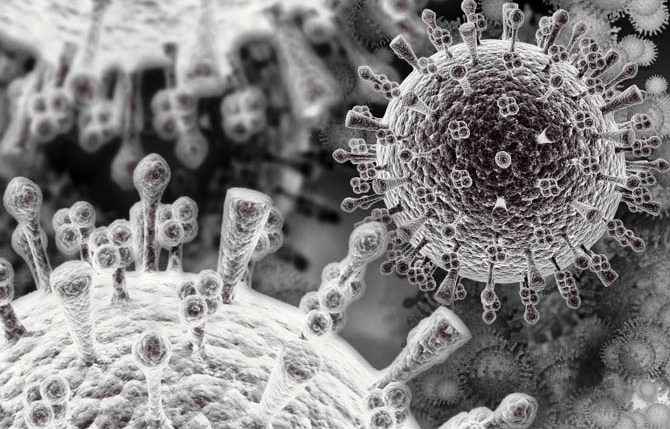Antibiotics Kill the Good Along with the Bad

Another fascinating piece by Carl Zimmer and his first at his new online home at National Geographic. In When You Swallow a Grenade, Zimmer gives a great rundown of the pros and cons of antibiotics, the cons namely being collateral damage to our microbiome. While the bacteria lining our insides number in the billions, the vast majority are beneficial or benign. A relatively small portion can cause infection and other flare-ups which can wreak havoc on their custodian.
Antibiotics are currently the best countermeasures we have to a variety of infections, but its downsides are many. Not only do antibiotics engender more resistant and potent strains of the affected bacteria, they often wipe out the benign and salutary bacteria as well. It is more of a buckshot approach to infection that ultimately does more harm than good.
What is needed is a remedy custom-tailored to target only the harmful strains. With enough bacteria species sequenced, we might one day be able to synthesize antibiotics which seek out specific microbes and possibly even down to the disease-causing genes of those strains. By culling specific genes and shutting them down, we could potentially reduce or eliminate collateral damage to the benign microbes colonizing our bodies.
However, even if these pursuits come to fruition, Zimmer is careful to acknowledge the alacrity with which microbes evolve ways around our offenses.
“In another intriguing response, the microbes dimmed their immune systems. To defend against invading viruses, bacteria deploy a collection of enzymes that recognize foreign genes and chop them up. As the bacteria dialed these enzymes down, they may have allowed viruses to infect them more easily. In some cases, the invasion led to their death. But in other cases, the viruses may have delivered them useful genes, including genes that let them resist the antibiotics.”
UPDATE: Zimmer later responded to a comment I left on his blog:
[CZ: It is theoretically possible to do that. You could imagine RNAi, for example, that would only grab onto RNA produced by one strain of bacteria, and kill it. But for now that lies off in our sci-fi future, where people could tailor medicine to individual strains.]
External link: When You Swallow A Grenade


Comments